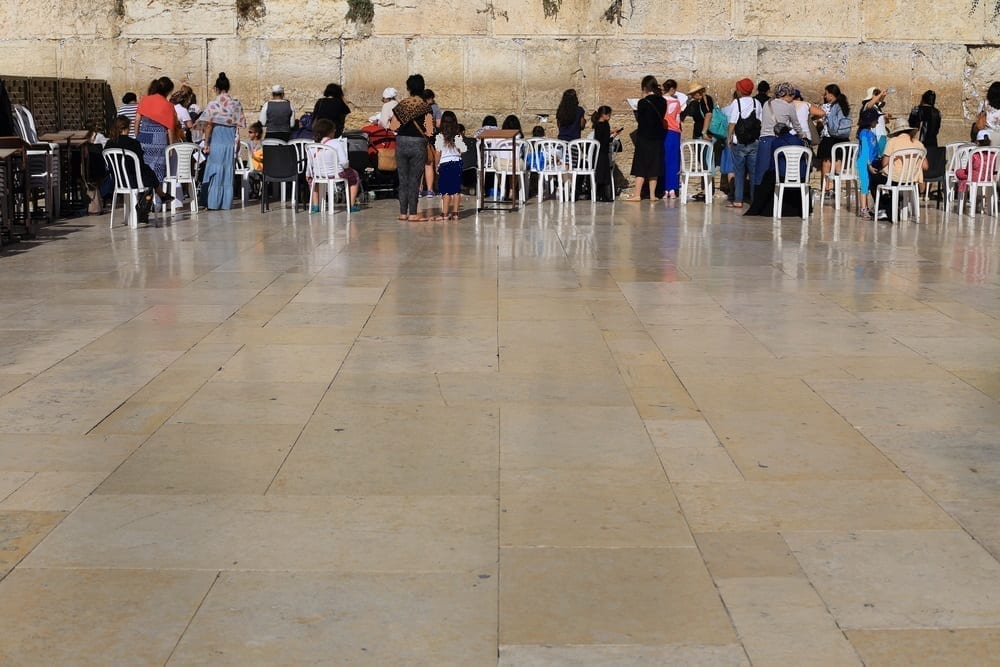1. The Shabbat before Rosh Chodesh is called Shabbat Mevarchim in which we announce the upcoming date of Rosh Chodesh.
2. On Shabbat Mevarchim we pray for a successful upcoming month and we also bless the month.
3. The announcement of the date of the month along with its accompanying prayers is referred to collectively as, Birkat Hachodesh (‘the blessing of the new moon’). This blessing is recited after the reading of the Torah, before the Mussaf prayer.
4. The announcement of the date of the month is made specifically on Shabbat because that’s when everyone congregates together in the synagogue; even those who do not attend regular services during the week.
5. This way, everyone will know which prayers they must recite, the women will know to refrain from work, as is the custom on the day of Rosh Chodesh, and everyone will know the date of Rosh Chodesh.
6. The Birkat Hachodesh also commemorates the Kiddush Hachodesh (‘Sanctification of the Month) that was performed monthly by the Sanhedrin, when witnesses came to give their testimony about seeing the new moon.
7. Since the Kiddush Hachodesh was the first Mitzvah that the Jews were commanded to observe following their redemption from Egypt, and since all the festivals relied on it, therefore, the Sanhedrin performed it with great fervor, blessing and gratitude.
8. We do not bless the month of Tishrei as everyone knows when Rosh Hashana is, and also so that the Satan will not know when the time of judgment is and will not testify against us.
9. From here we learn that we only recite the blessing eleven months out of the year, and twelve times on a leap year.
10. We recite the Birkat Hachodesh in a standing position, just as the Kiddush Hachodesh was done.




